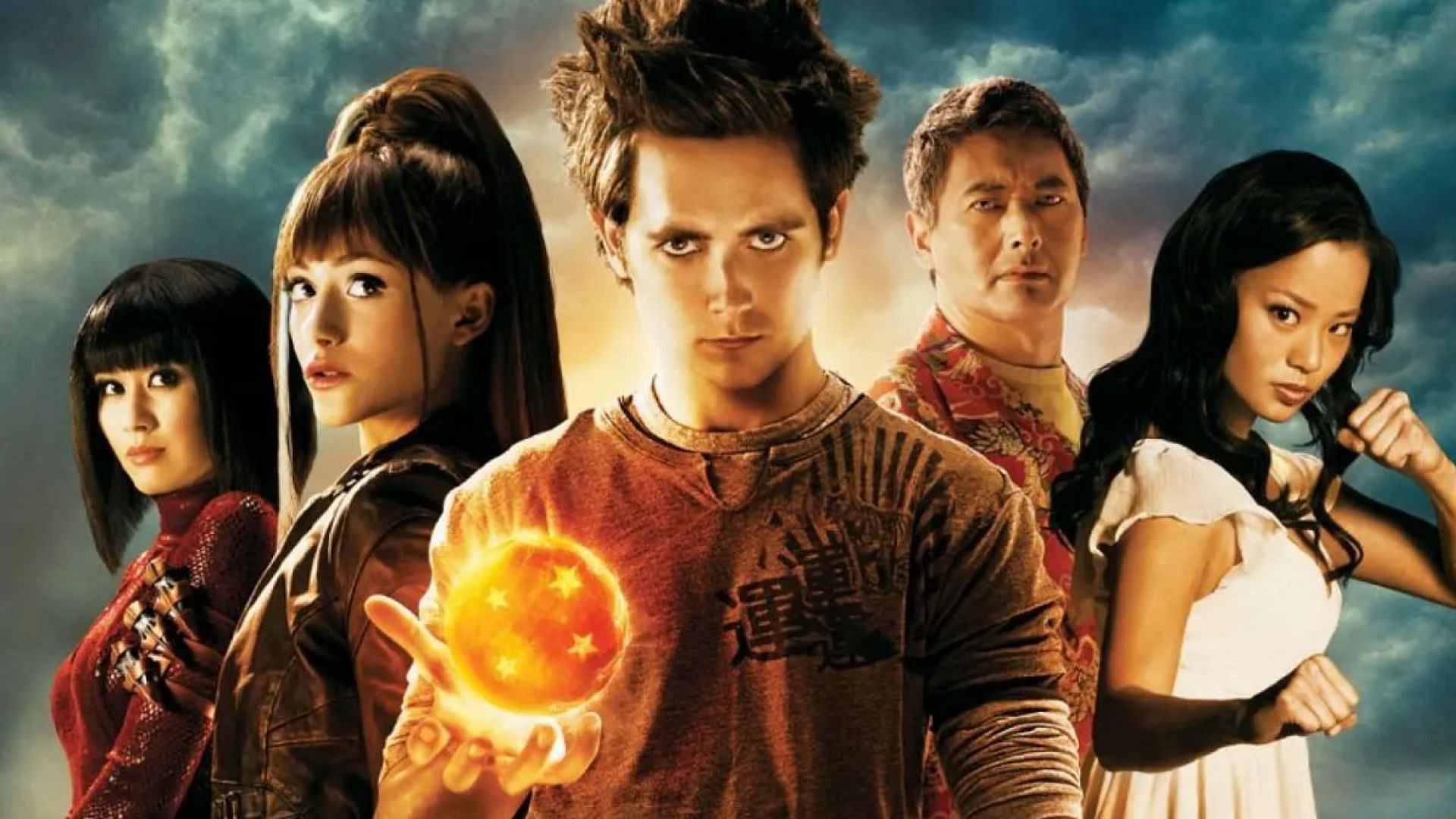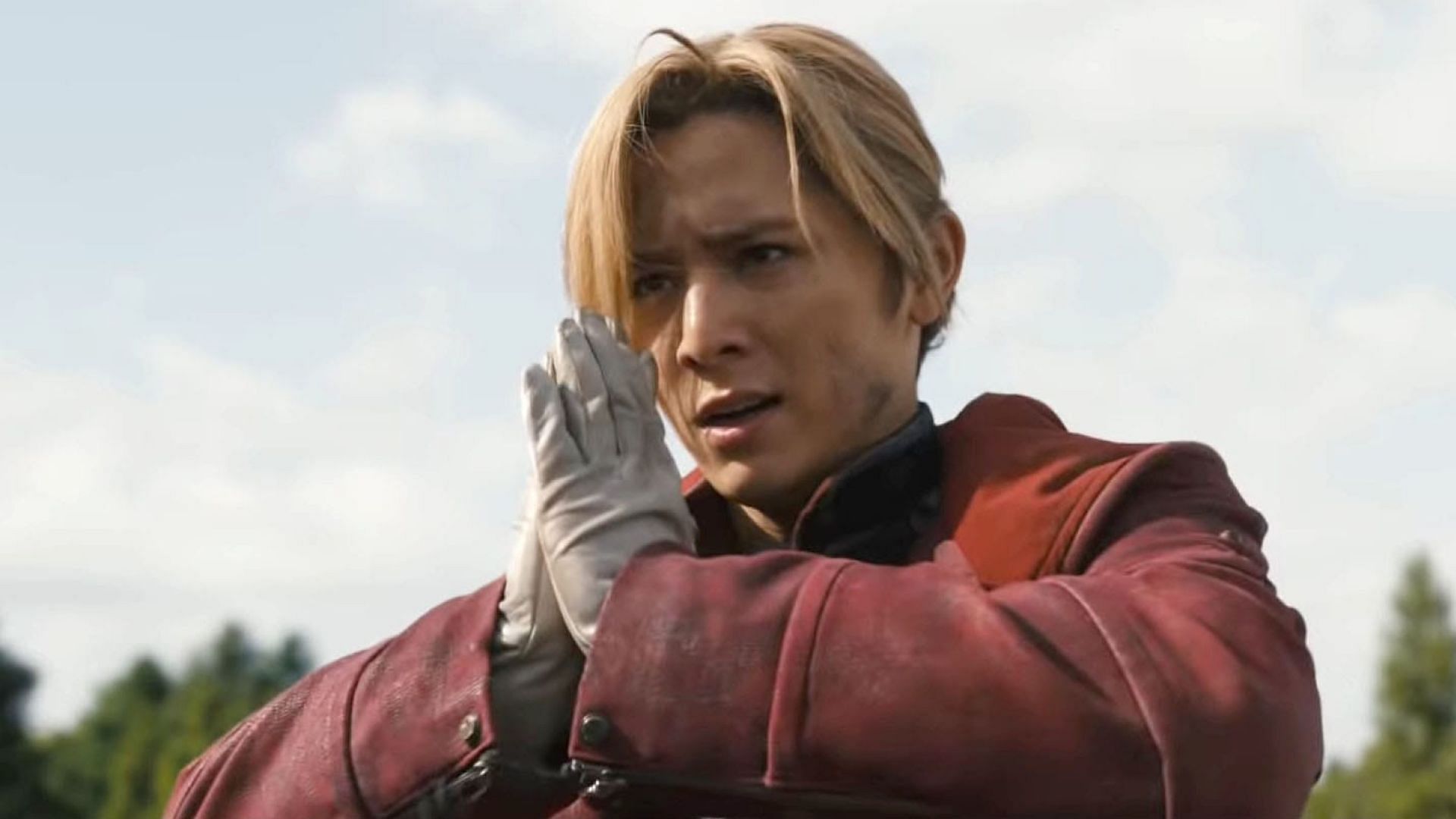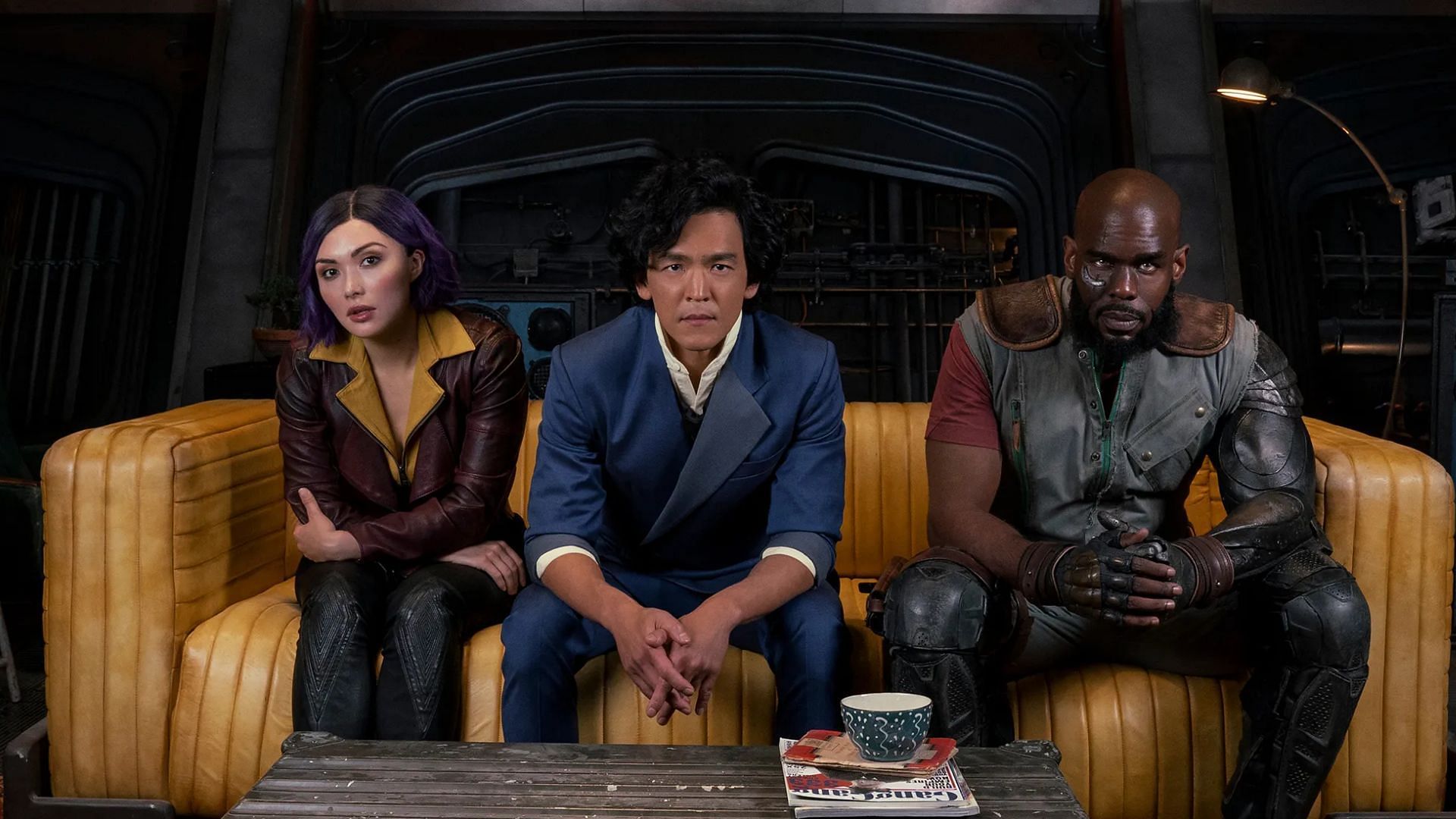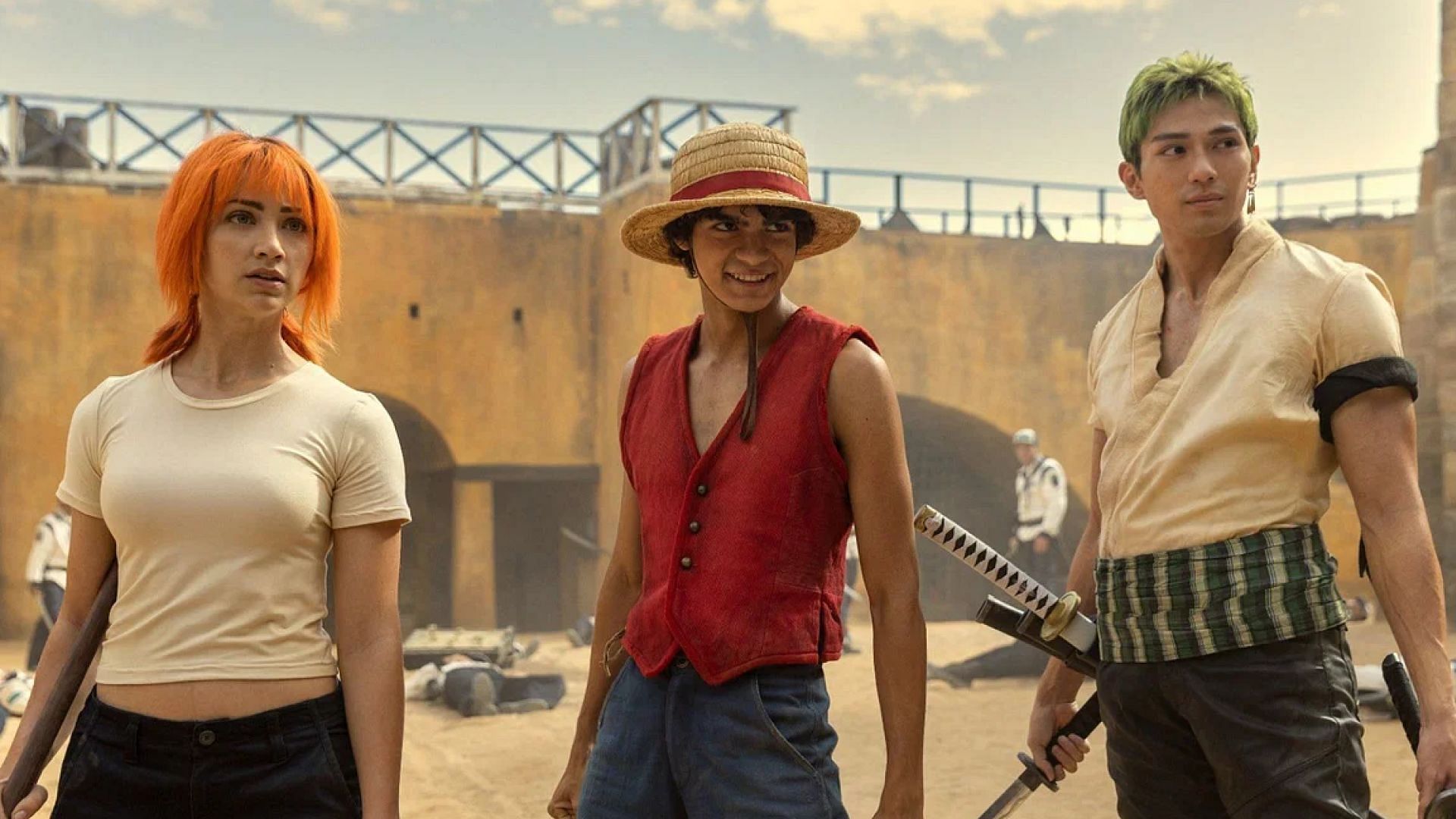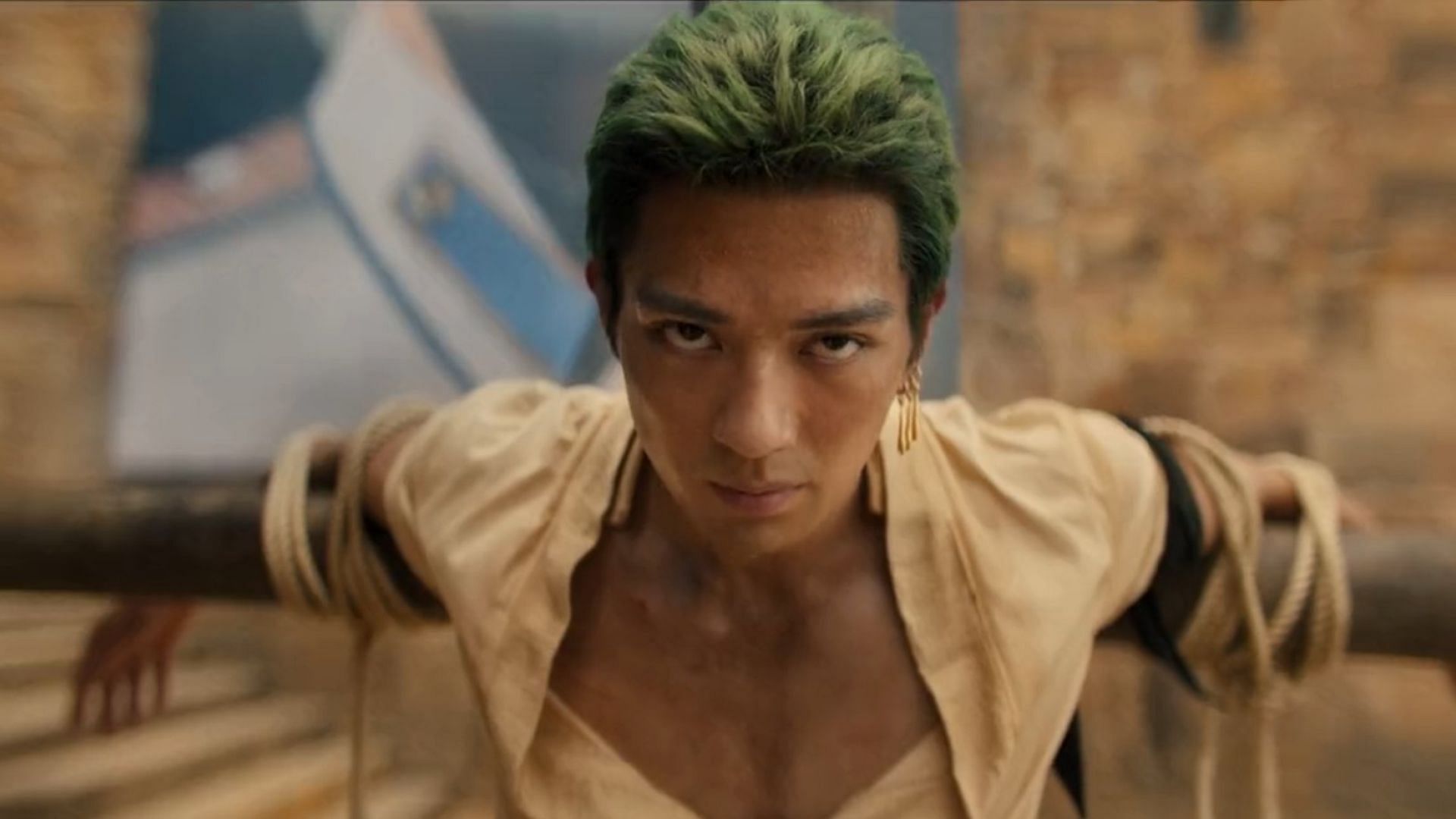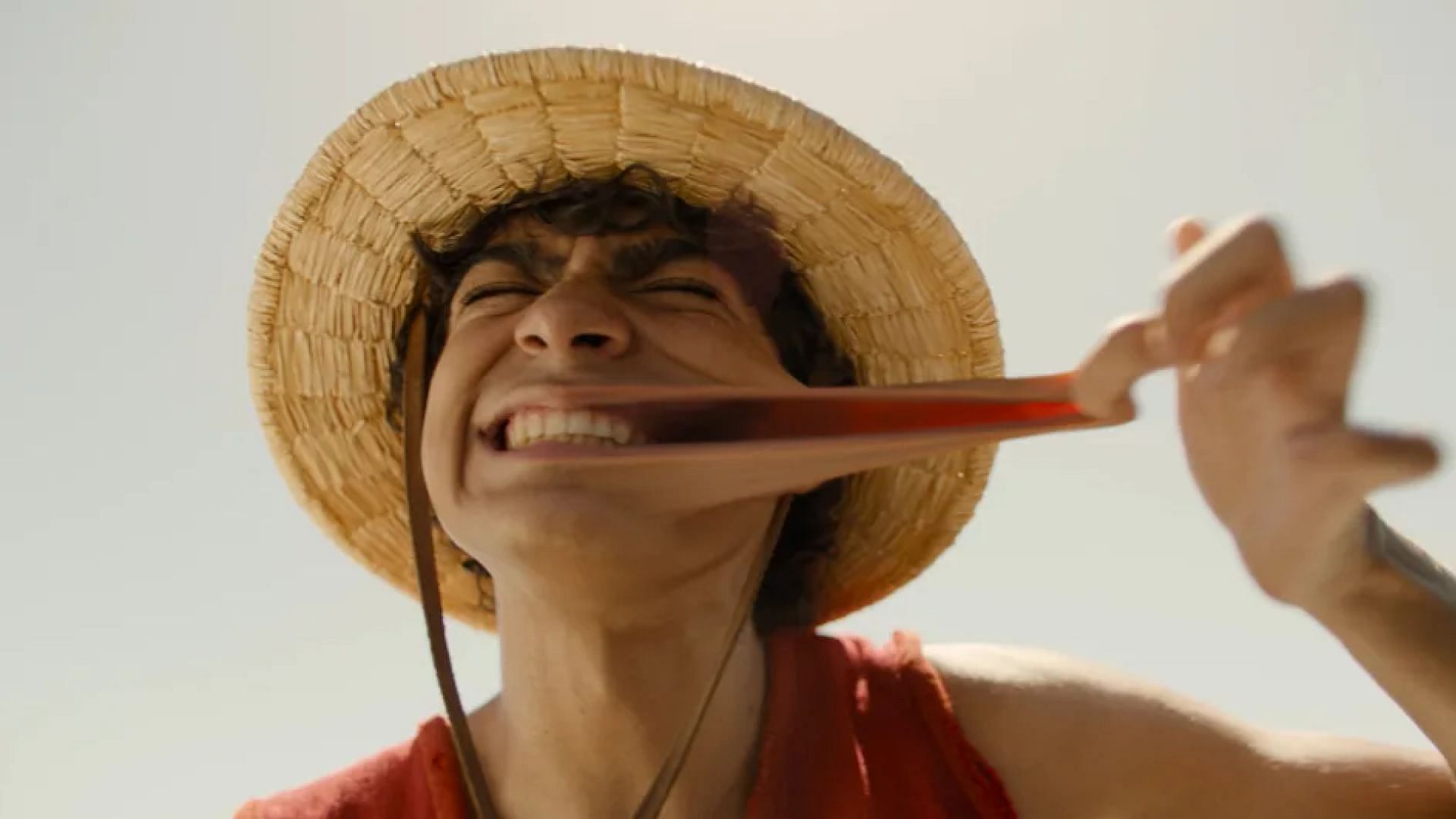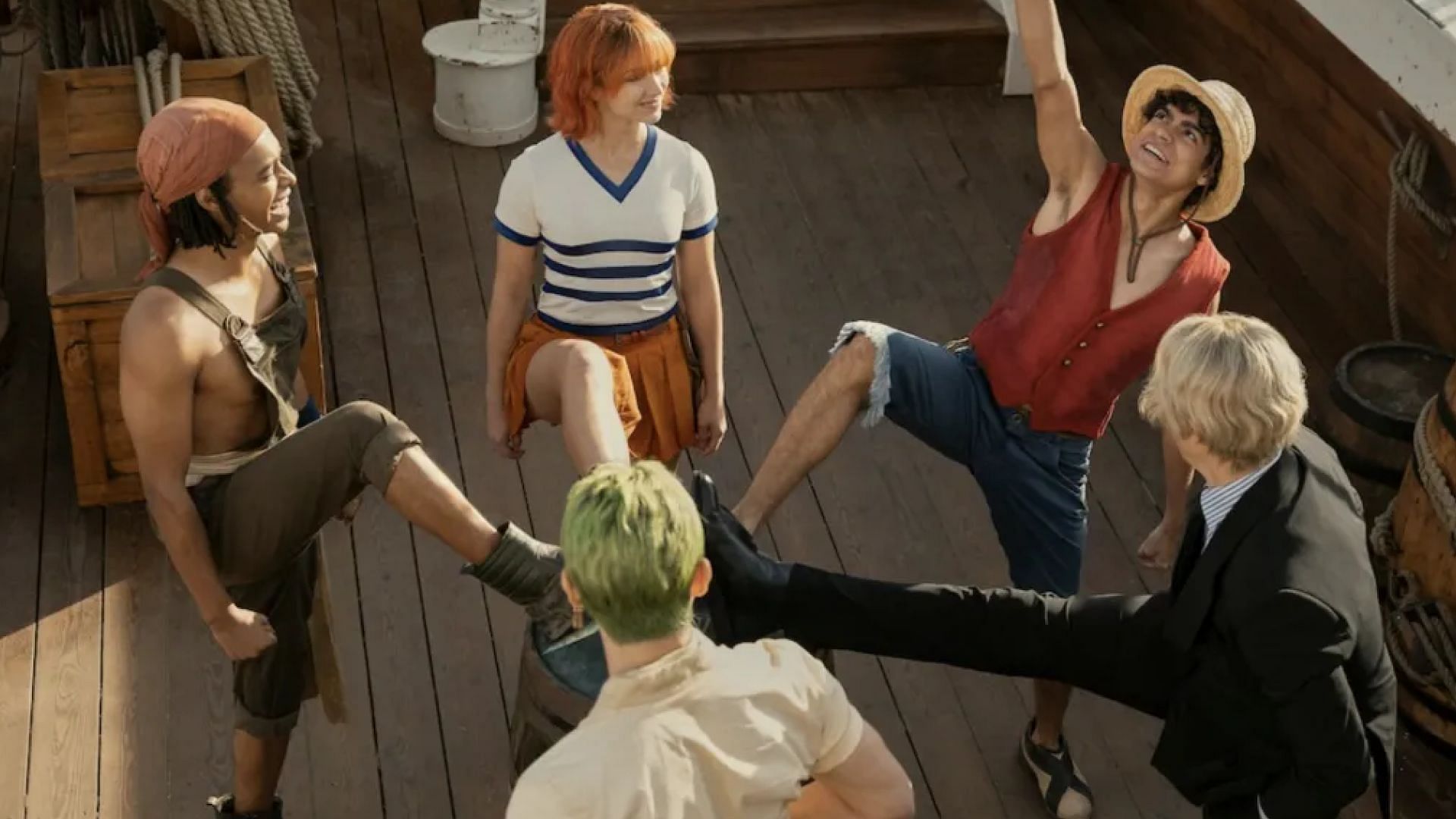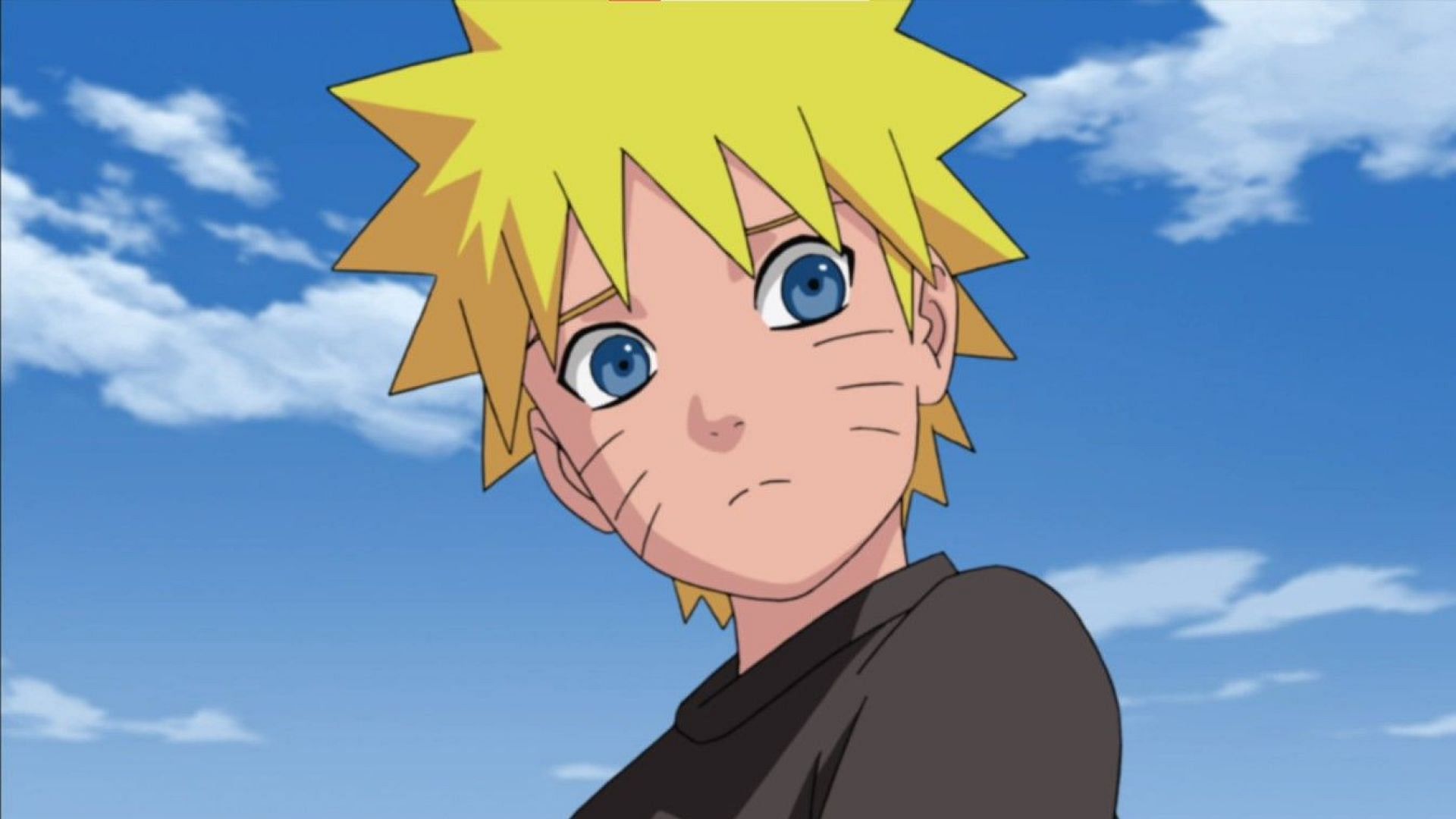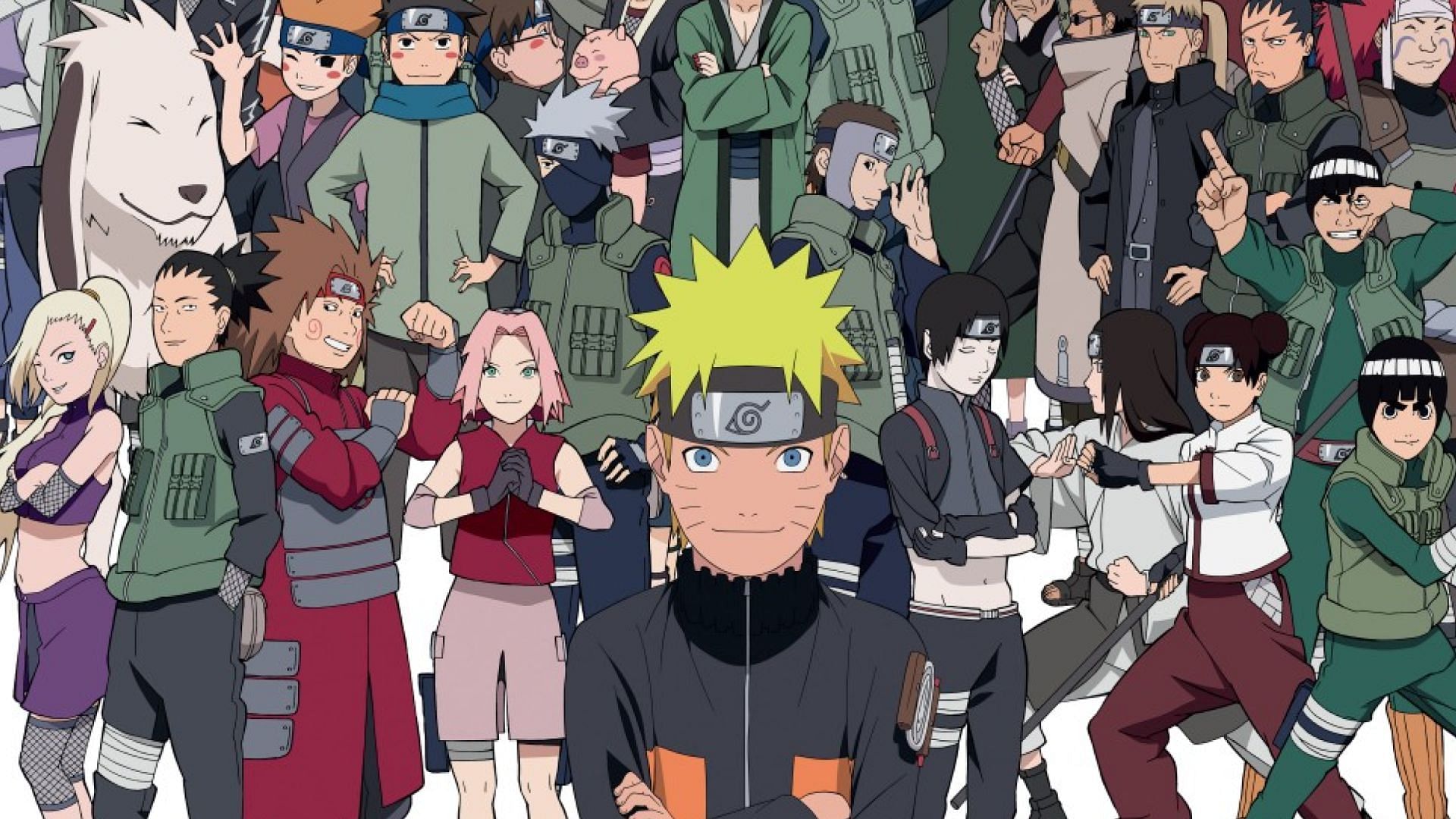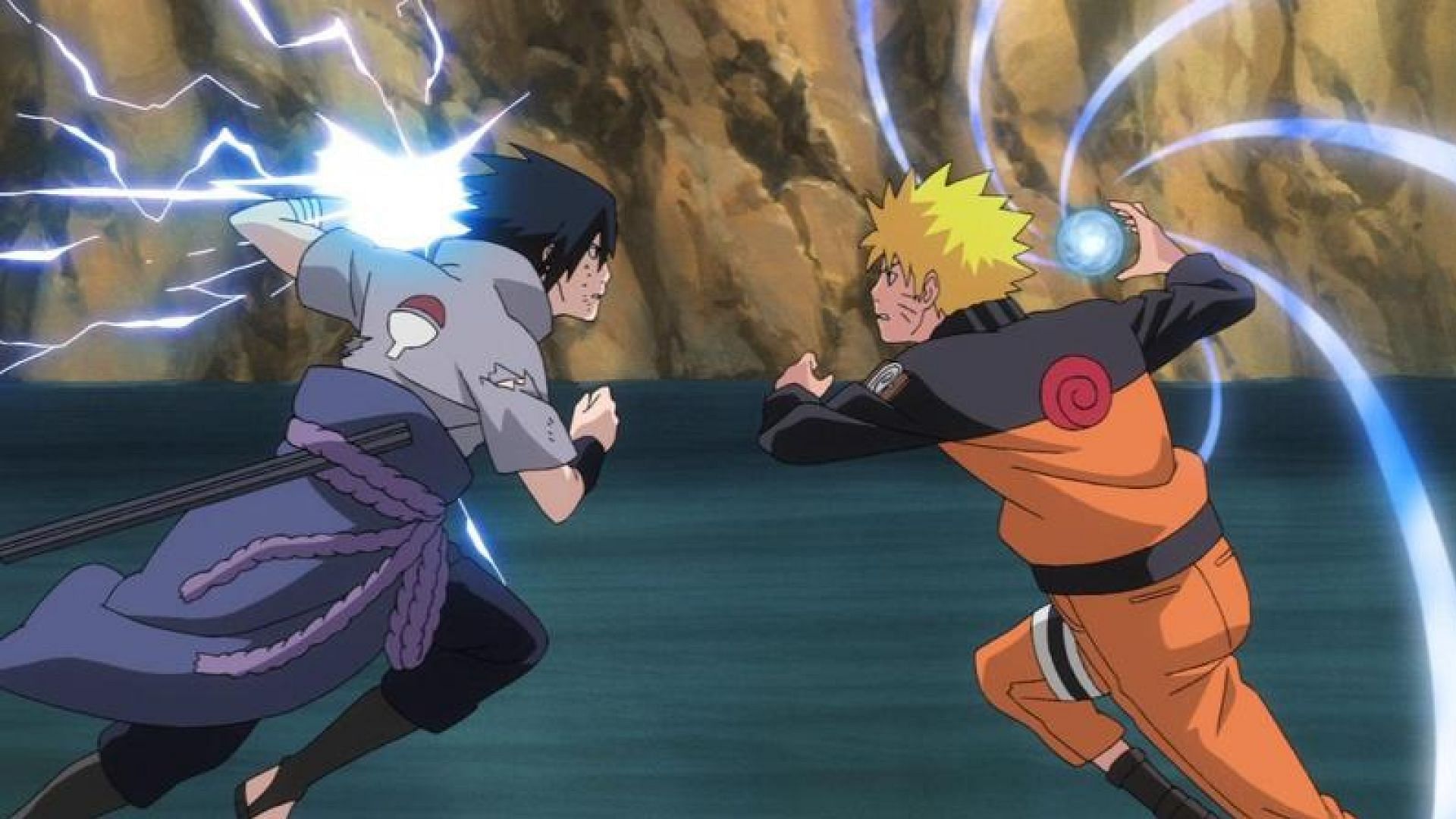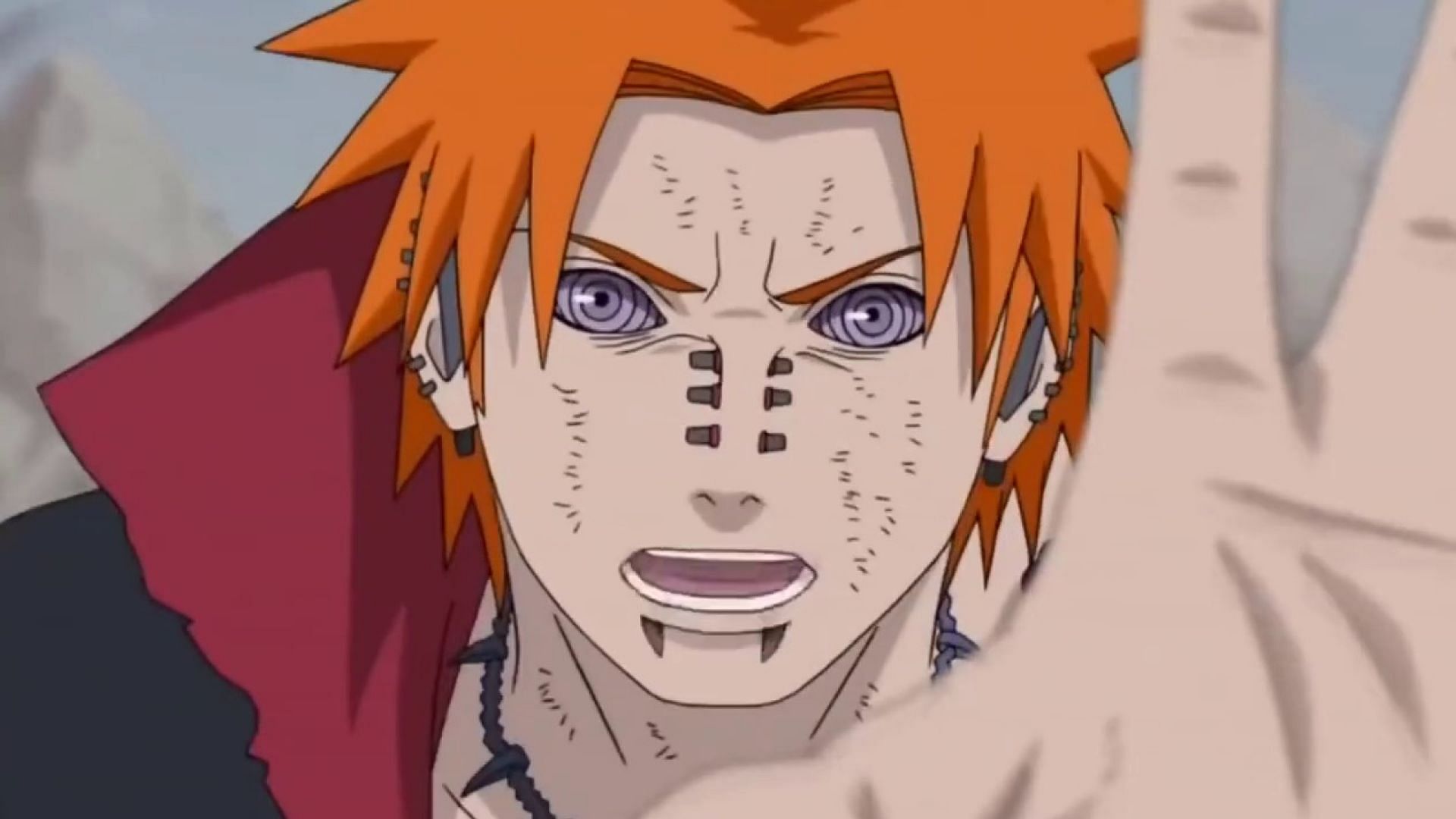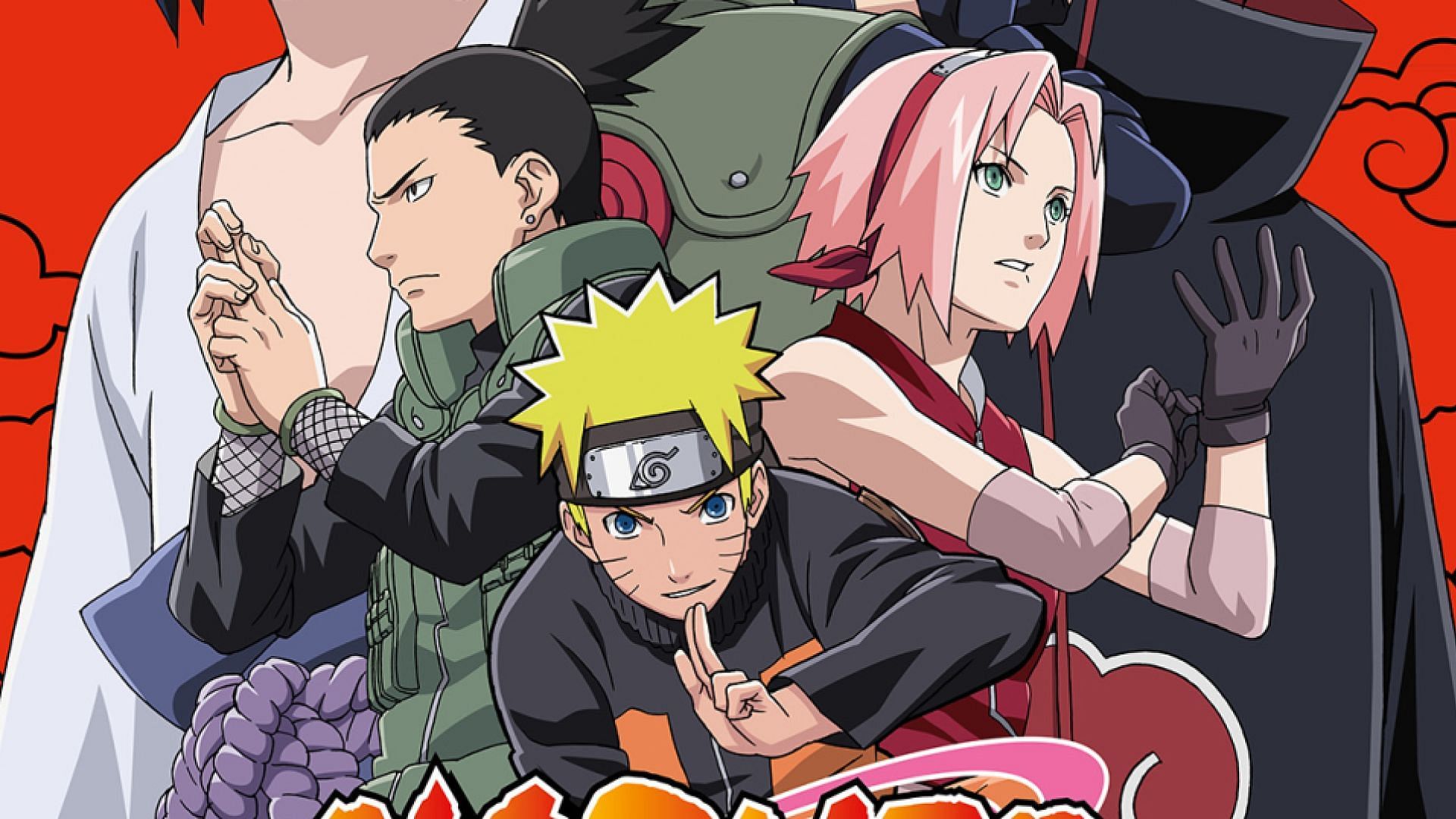
Why the Naruto live-action will never match the success of the One Piece Live-Action

Get ready for the highly anticipated Naruto live-action adaptation! Can it match the success of One Piece? Explore the challenges, cast, cultural depiction, and fan reactions in this insightful article
Naruto fans are abuzz with excitement as news about the long-awaited live-action adaptation of the series has finally emerged. Lionsgate production initially announced the project in 2015, but details have been scarce until now. The current hype surrounding the production suggests that more updates on the film are on the way, much to the delight of fans.
While specific details about the adaptation are still limited, the confirmation of its ongoing development has heightened anticipation among fans of the original series, as well as the wider anime and manga community. With the recent live-action adaptation of One Piece and the earlier adaptation of Bleach, Naruto is now the only series among the Big 3 that has not yet made the transition into the live-action genre.
Speculations have been ignited within the fandom by the recent news about the upcoming Naruto live-action movie, leading to discussions about its potential success and scope. Please note that this article reflects the writer's opinions and is subjective in nature.
Challenges ahead for Naruto Live-action to match the success of One Piece Live-action
After nearly 10 years since it was first announced in July 2015, the Naruto live-action film is finally getting an update. Lionsgate, in collaboration with Avi Arad and his production company Arad Productions, is working on bringing the popular anime to life on the big screen.
At the Jump Festa in 2016, it was revealed that Michael Gracey would be directing the Naruto live-action adaptation, with the support of Naruto's creator, mangaka Masashi Kishimoto.
During a recent interview with Variety, screenwriter Tasha Huo disclosed that she is currently involved in developing the live-action Naruto movie as her next project. Huo has previously contributed to projects including The Witcher: Blood Origin, Red Sonja, and the forthcoming Tomb Raider anime scheduled for release in 2024. With growing anticipation for the Naruto adaptation, fans are eagerly anticipating further updates that will offer a glimpse into the project's creative direction and advancement.
Pre One Piece live-action: Dark history of the live-action genre
Dragonball Evolution (Image via 20th Century Fox Studios)
Anime enthusiasts have been wary of live-action adaptations, often approaching them with skepticism due to the infamous reputation of 2009's Dragonball Evolution. The film is still considered the worst live-action adaptation in the anime community, casting a shadow over subsequent attempts to bring beloved anime series to life on the big screen.
Netflix's live-action adaptation of Fullmetal Alchemist, featuring the character Edward (Image via Netflix), received its fair share of criticism. This was in line with the lukewarm responses to other anime-to-live adaptations on the platform, such as Death Note (2017) and Cowboy Bebop (2022). These adaptations were met with largely negative feedback from viewers, leaving fans of the original source material and the anime feeling let down.
Death Note’s movie adaptation failed to live up to expectations due to its shallow character development and major deviations from the original storyline. Similarly, Full Metal Alchemist featured impressive visual effects, but the Japanese cast was unable to capture the European (particularly German) essence of the original story.
Cowboy Bebop live-action (Image via Netflix)
The live-action adaptation of Cowboy Bebop, despite its hour-long episodes and global approach, struggled to capture the charm of the source material. Similarly, the 2015 live-action version of Attack on Titan faced criticism for its heavy reliance on special effects and CGI, contributing to skepticism about the translation of anime favorites into live-action. However, the recent live-action adaptation of One Piece in 2023 successfully changed the community's perception of the genre.
The reasons behind the success of the One Piece live-action
Due to past disappointments with live-action adaptations, the One Piece live-action received significant criticism before its release. However, to the audience's surprise, the live-action not only met but surpassed expectations, restoring faith in the genre among fans. This unexpected success raises questions about the contributing factors and its potential impact on future adaptations.
A screenshot from the live-action adaptation of One Piece (Image via Netflix)
The One Piece live-action adaptation benefitted from the series' natural diversity. The original storyline showcases characters from different cultural backgrounds, nations, and ethnicities, mirroring a world that is interconnected and diverse.
The diverse representation in the live adaptation appealed to a wider audience in the West. The use of English names for attacks and powers, such as Luffy's, helped to make the series more accessible to English-speaking audiences. This is essential for the success of Western adaptations and also addresses the issue of aversion to dubbed anime within the community.
The casting of characters played a significant role in the success of the One Piece live-action adaptation. With the diverse backgrounds of the characters in the original source material, a global casting approach was taken, staying true to the series' original narrative.
This casting approach simplified the task of appealing to a global audience, which is essential for the success of any live-action adaptation. Furthermore, the One Piece live-action stayed true to the source material, capturing the essence of the original narrative.
Luffy in One Piece live-action (Image via Netflix)
Presenting the events in hour-long episodes enabled a thorough exploration of the plot without changing the storytelling significantly. This approach maintained a smooth narrative flow that appealed to both original fans and new audiences.
Yet, the success of the One Piece live-action also sets a high standard for future adaptations in the genre. While it is promising for future projects, it also raises viewer expectations.
Naruto live-action: Movie vs. series
Live-action adaptations in the future must strive to meet these elevated standards, guaranteeing a quality level that equals or exceeds the audience's expectations established by the success of One Piece.
Naruto live-action: Movie vs. series
A screencap from the live-action adaptation of One Piece (Image via Netflix)
The news of a live-action Naruto movie has sparked even more apprehension among fans, echoing the doubt surrounding past live-action adaptations. The original Naruto and Naruto Shippuden anime series, totaling over 700 episodes, offer a sprawling and complex storyline.
The success of the One Piece live-action demonstrates the importance of remaining faithful to the original material in order to please both dedicated fans and new audiences. Yet, transforming a complex storyline into a movie format presents major obstacles. The time constraints of a film necessitate difficult decisions about what content to include and what to leave out.
The image shows Naruto in the anime (Image via Pierrot).
The need to condense the storyline has sparked worry among fans, as trimming too much content could mean losing important parts of the story and affecting its overall coherence.
Adapting Naruto's story into a live-action film requires careful consideration to maintain its essence. Fans desire a faithful adaptation, but time constraints may lead to difficult choices that could alter the storytelling experience. Striking a balance between honoring the original spirit and delivering a coherent narrative within the movie format is essential to address fans' concerns and ensure the success of the Naruto live-action movie.
Additional obstacles arise in capturing the essential charm in Naruto live-action: Cast, Cultural depiction, language
Naruto characters (Image via Pierrot)
Mangaka Masashi Kishimoto's Naruto is heavily influenced by Japanese culture, drawing inspiration from various aspects of Japanese tradition for its setting, societal structures, and village designs. Despite the diverse landscapes depicted in the series, the core cultural similarities remain prominent. The villages, such as Kumogakure, reflecting potential African cultural inspiration, and Konohagakure, with a primarily Japanese basis, showcase this cultural diversity. Additionally, Iwagakure exhibits Chinese or Mongolian elements, while Sunagakure reflects Persian or desert influences.
The image above shows Naruto in a fierce battle with Sasuke (Image via Pierrot).
The Land of Iron, which showcases samurai culture, brings another dimension of Japanese influence to the storyline. Despite the various cultural depictions throughout the Naruto world, the fundamental shinobi way of life, political systems, and language maintain a remarkable level of consistency across all lands and villages.
The characters, from different geographical locations, have similar designs and physical features. Differences usually appear in their clothing styles, occasional hairstyle variations, and skin color. Even though the protagonist has blond hair and blue eyes to introduce a global influence, the characters still maintain their fundamental Japanese nature.
The live-action adaptation of Naruto faces a major hurdle in language, as the series draws heavily from Japanese mythology and utilizes jutsu names and terms deeply ingrained in Japanese culture.
Translating these terms into English may not convey the same intensity and gravity as the original Japanese versions. For example, Pain's ‘Almighty Push’ does not carry the same impact as the Japanese term ‘Shinra Tensei’.
Pain in Naruto anime (Image via Pierrot)
Similarly, iconic phrases such as Naruto's 'Dattebayo' hold a special essence in Japanese that may not be completely captured in an English translation like 'believe it', as seen in the English dub. The cultural intricacies and emotional impact tied to these expressions can be difficult to maintain in the shift to English.
The live-action adaptation of Naruto faces a multifaceted challenge as it aims to find a harmony between embracing diversity and staying true to the original material.
Lionsgate may be interested in exploring the idea of casting a diverse global ensemble for the live-action Naruto film in order to expand its appeal to a wider audience. Nevertheless, this approach presents its own unique challenges and possible drawbacks.
Naruto anime (Image via Pierrot)
The characters in Naruto are steeped in Japanese culture and themes, so casting actors or actresses from diverse backgrounds could compromise the authenticity and essence of the characters they portray. While the anime and manga art may be visually appealing, bringing it to life may pose a challenge in preserving the cultural identity of the characters while still resonating with a worldwide audience and fans of the source material.
On the other hand, the concept of a fully Japanese ensemble also presents its own obstacles. With the potential for the anime-to-live adaptation to become more Westernized, a cast comprised solely of Japanese actors may struggle to connect with a wider audience. Furthermore, if the movie requires the Japanese cast to speak in English, it runs the risk of feeling unauthentic and creating challenges for the overall portrayal of the film.
The complex nature of these challenges underscores the difficult road ahead for the Naruto live-action adaptation to deliver a successful and fulfilling cinematic experience. Balancing cultural authenticity with global appeal is a daunting task, highlighting the unique obstacles that may prevent Naruto from matching the success of One Piece in live-action.
Fandom’s reaction
Fans are both excited and wary about the upcoming Naruto live-action movie, eagerly anticipating more information. Some are thrilled about the adaptation, while others are critical. There are also those who are responding to the news with humorous memes.
The news of Tasha Huo, a well-known name in the industry, joining the Naruto live-action has heightened excitement. Nevertheless, the reveal has sparked varied responses, especially concerning her position as the scriptwriter.
Some fans have expressed concerns on X (formerly Twitter), noting that only one of her projects, The Witcher: Blood Origin, has been released thus far. They have mentioned that it received a lower rating from audiences, leading to doubts about her involvement in the Naruto live-action adaptation.
It is crucial to acknowledge that making conclusions before the screenwriter has the opportunity to showcase more of their work may be premature. Tasha Huo, a fan of the Naruto franchise, has expressed her excitement for bringing the iconic characters and their stories to life in the upcoming Naruto live-action adaptation.
She emphasized that the passion for writing is already present when working on such beloved stories.
"Reimagining iconic characters or intellectual property makes the writing process more seamless, as the passion for these characters is already ingrained. I am deeply inspired by these characters and find it thrilling to explore a new chapter of their journey and tell an engaging story that would captivate me as a fan," she explained.
Huos's words underscore her dedication to staying true to the essence of the characters and their narrative. She embraces the thrill of weaving a story that speaks to her as a fan, revealing a heartfelt bond with the source material.
On the other hand, a different part of the community is embracing the Naruto live-action adaptation with a playful mindset, generating and circulating funny jokes and memes centered around the topic.
Netflix's challenges in adapting anime to live-action are being humorously compared through memes, raising questions about the casting choices for the Naruto live-action film. The Naruto community is actively engaging in debates and speculating about potential actors while expressing their reservations about the rumored cast.
Final Thoughts
The Naruto live-action news has sparked a variety of reactions within the fandom, from eager anticipation to cautious skepticism and lighthearted jokes. The diverse range of responses reflects the ongoing evolution of the project.
Fans are eagerly awaiting more information about the cast and storyline for the Naruto live-action project, hoping that Lionsgate, known for successful projects like The Hunger Games series, John Wick, and Now You See Me, will handle the adaptation with the same level of competence.
Lionsgate's successful history of creating popular film franchises sets high expectations for their adaptation of Naruto into a live-action film. This further solidifies their ability to produce successful anime-to-live adaptations, following the success of One Piece.
Editor's P/S
As a die-hard Naruto fan, I am thrilled about the upcoming live-action adaptation. I have been waiting for this moment for years, and I can't wait to see my favorite characters come to life on the big screen. I trust that Lionsgate and Arad Productions will do justice to the original series and create a movie that will be enjoyed by fans and non-fans alike.
However, I am also aware of the challenges that come with adapting an anime series into a live-action film. The cultural differences between Japan and the West can make it difficult to accurately portray the characters and their world. Additionally, the high expectations of fans can be a burden for the filmmakers. I hope that the team behind the Naruto live-action adaptation will be able to overcome these challenges and create a movie that is both faithful to the original series and entertaining for a wide audience.
